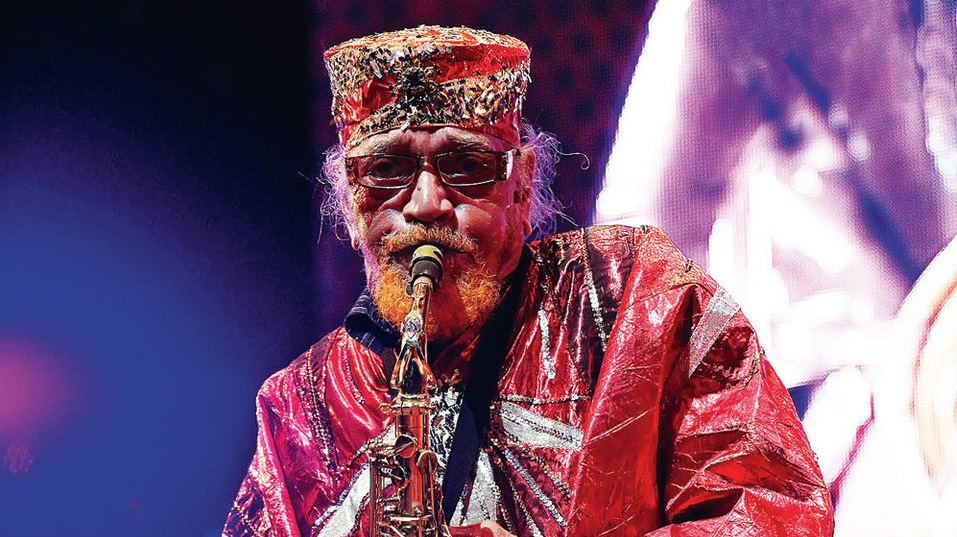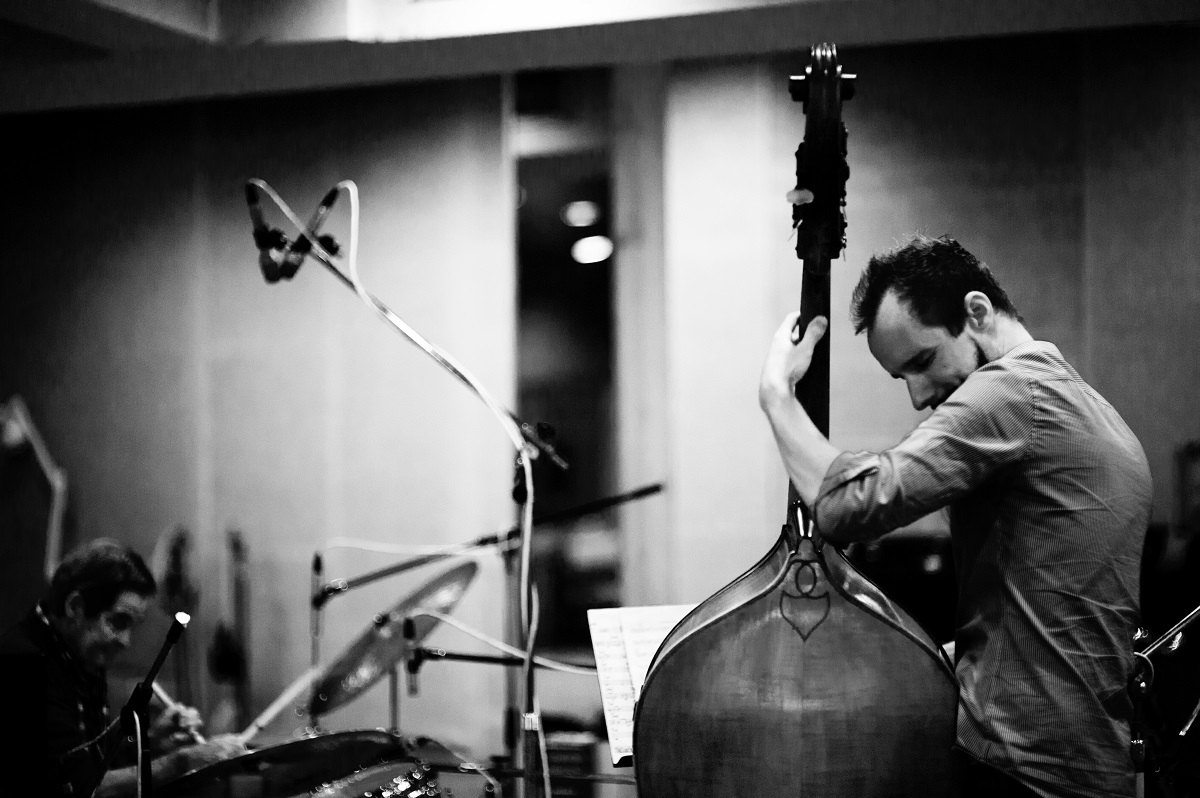There’s always an element of improvisation and flexibility to Arkestra performances; now, the Arkestra are bringing a mixture of familiar and new free jazz compositions to the Melbourne International Jazz Festival.
When saxophonist Marshall Allen joined Sun Ra and his Arkestra in 1958, manned spaceflight was still a dream. As times changed, so did the Arkestra’s music – always remaining a few steps ahead of the present.
“When we were playing in the ‘50s, we were playing music for the millennium: the year 2000,” says Allen. “At the time, everybody was saying that we couldn’t go to moon – but then we did. It just goes to show that you’re good if you try. And now we’re playing for another generation.”
The avant-garde jazz ensemble are no strangers to Antipodean shores, having dropped in to Hobart’s Museum of Old and New Art in 2014. Now, the Arkestra are bringing a mixture of familiar and new free jazz compositions to the Melbourne International Jazz Festival. There’s always an element of improvisation and flexibility to Arkestra performances, says Allen, who has served as director of the group since bandleader Sun Ra’s death in 1993.
“This is what I call the spirit of the day,” says Allen. “You play the way you feel today, in the spirit and the vibrations of where you are. I’m trying to get the vibrations of people and things like that, so that changes the music. It doesn’t change the music unrecognisably, but it adds a sense of where you are.”
Sun Ra performed with a playful eccentricity uncommon among the avant-garde. “It sounds funny to me,” remarked a bemused Miles Davis about the Sun Ra track ‘Brainville’ in 1968. “You mean there’s somebody around here that feels like that?”
Sun Ra held a deep fascination for the esoteric: Sufi mysticism, science fiction and revisionist Egyptology. These influences rise to the surface repeatedly throughout the 69 studio albums Sun Ra released in his lifetime, and in the colourful space-keffiyehs and pharaonic headdresses worn by the Arkestra on tour. In the 1950s, when Allen joined up, Sun Ra was still formulating his persona.
“When I joined, I was just looking for someone’s band to play in,” says Allen. “Sun Ra’s band was so different. It was mind-boggling. They were doing some things I didn’t quite understand, and the sound was beautiful.
“I found out where he was rehearsing, and took my horn down there and, instead of getting music, I got a lecture on history and the Bible and outer space and philosophy. I said I’d come to play, but he wasn’t interested – he wanted to see where I was, what kind of person I was in my mind.”
Allen recalls Sun Ra with a reverence appropriate to his Egyptian namesake, and more as a paternal figure than as a colleague.
“I stuck with it, though I didn’t understand all of it at that time,” says Allen. “I was coming back for more every night. He gave me a chance to change my bad habits to better ones, and to bring out the spirit side of playing an instrument. The way I was taught, everything was in the box. But when Sun Ra got through, my mind had gotten out of the box. I found that I could do what I thought I couldn’t do.”
For Allen, Sun Ra’s concept of the “spirit of the day” isn’t just an abstraction, but a practical tool for keeping music fresh and vital across the decades.
“It’s like life,” says Allen. “You do the same things, but you do them differently because of the situation. If it’s raining, you get your umbrella and keep on going.”
Though he’s celebrating his 94th birthday on Friday May 25, Allen says that the last thing he wants is to take a break.
“I don’t even think about retiring,” he says. “Right now, I’m playing for my well-being, so I just keep going. What else can I do? I could be 100 and play. Or 200 – who knows? I’m going with the spirit. Old as I am, I still love playing. I feel good, I feel rejuvenated. It’s therapy.”







